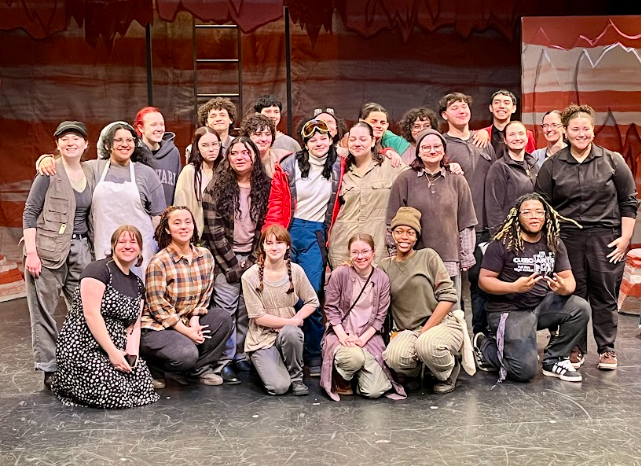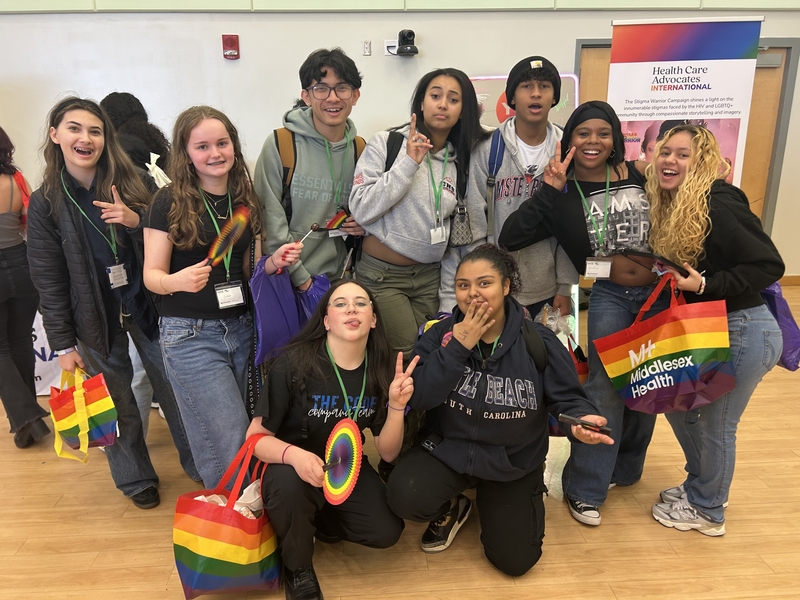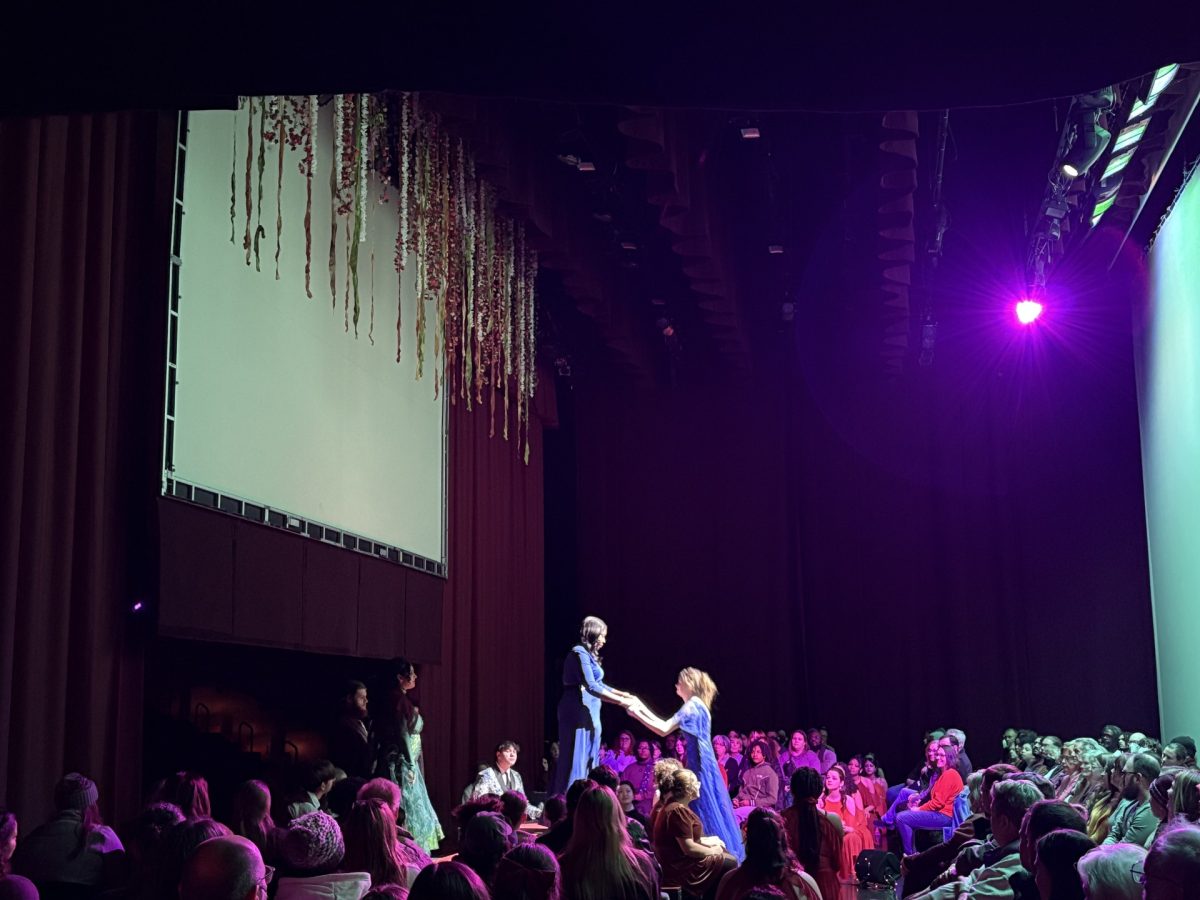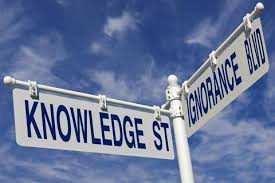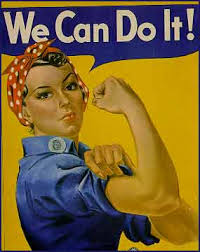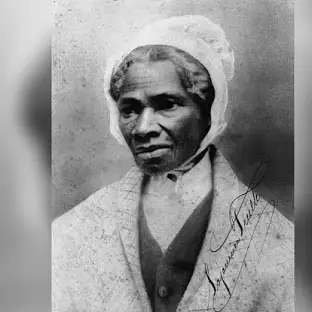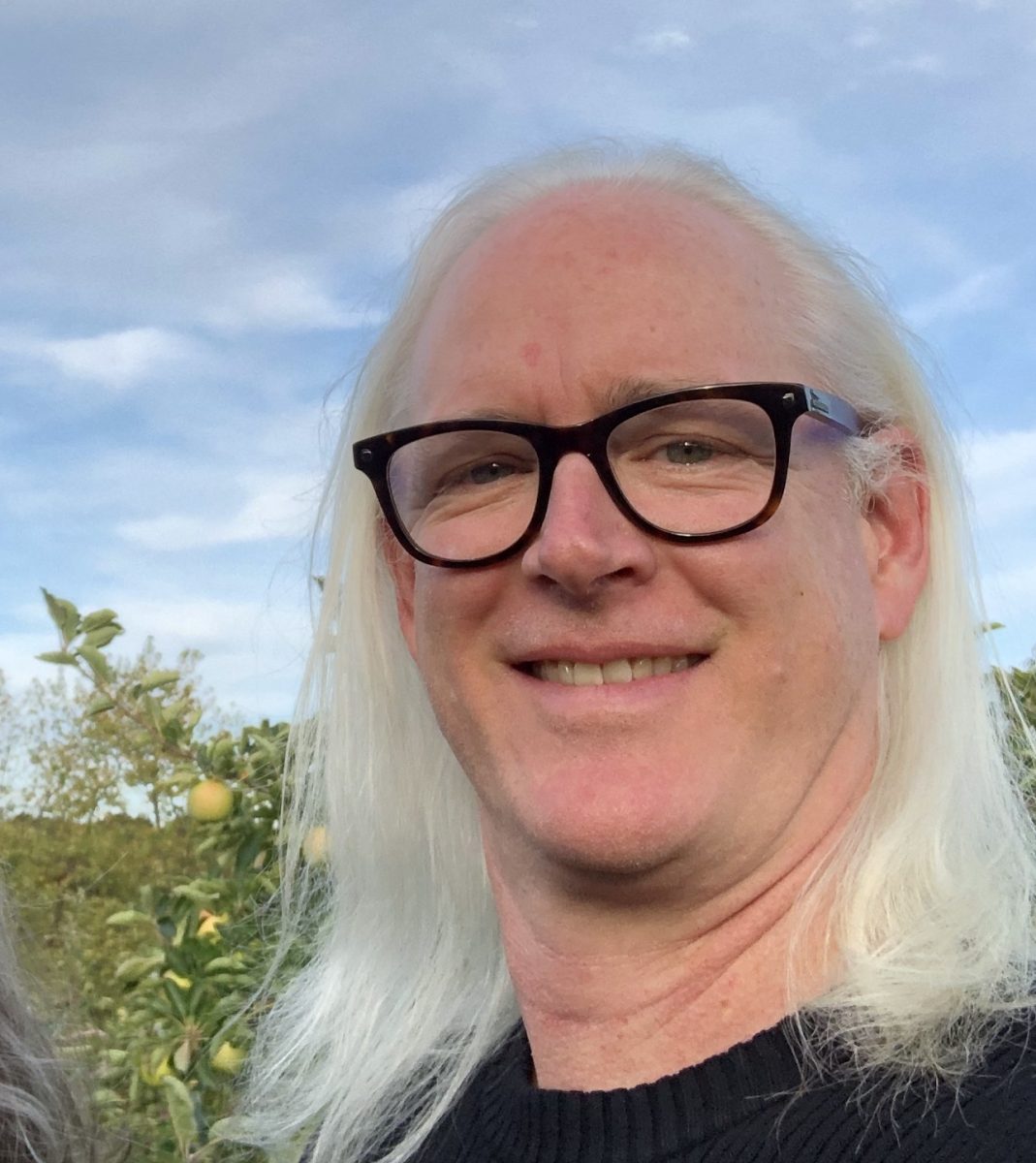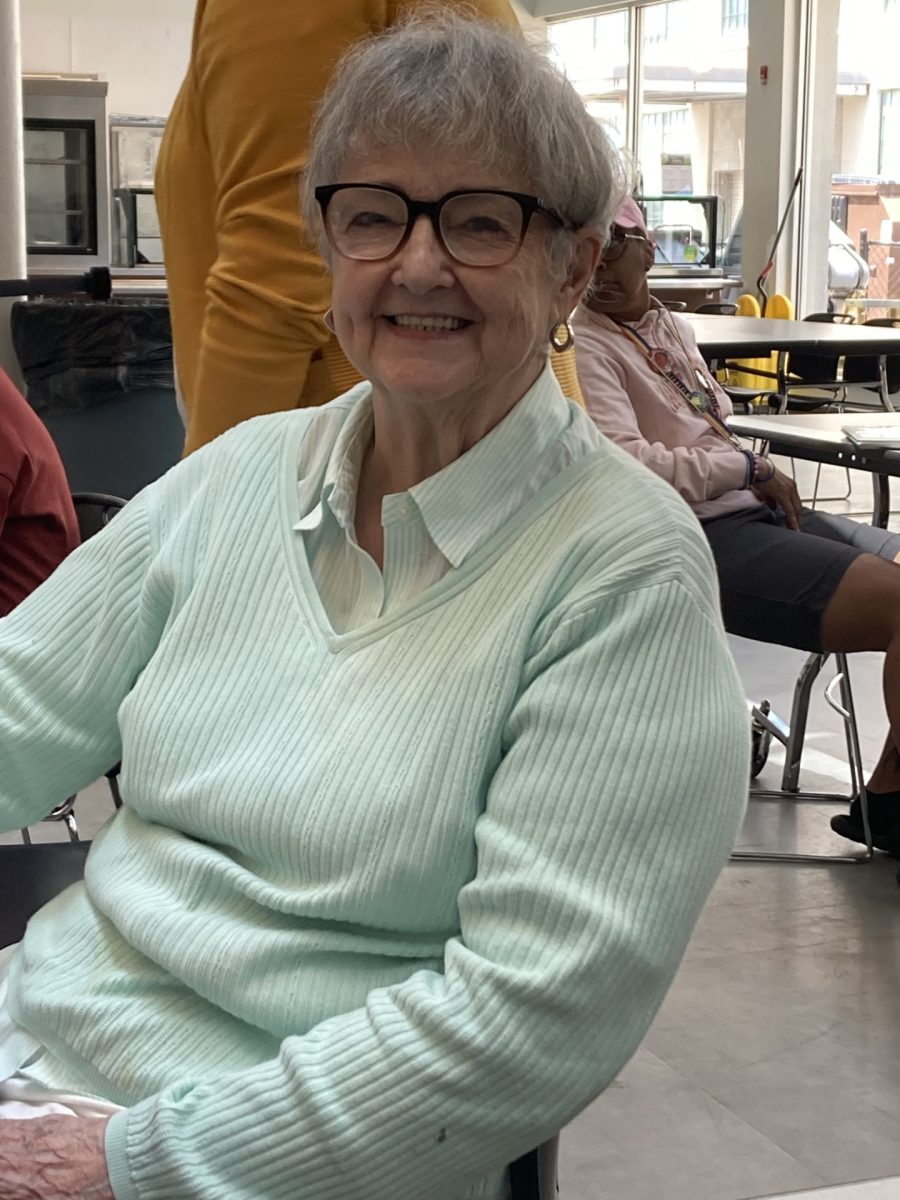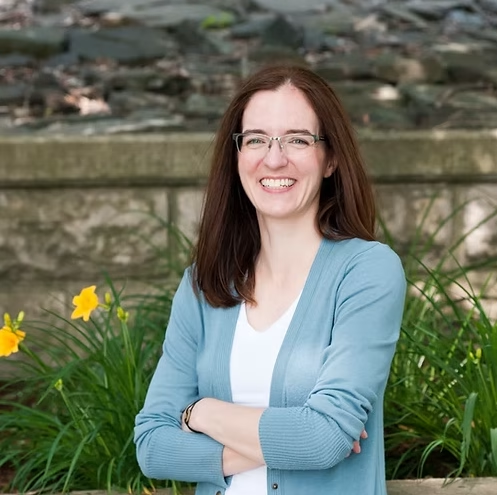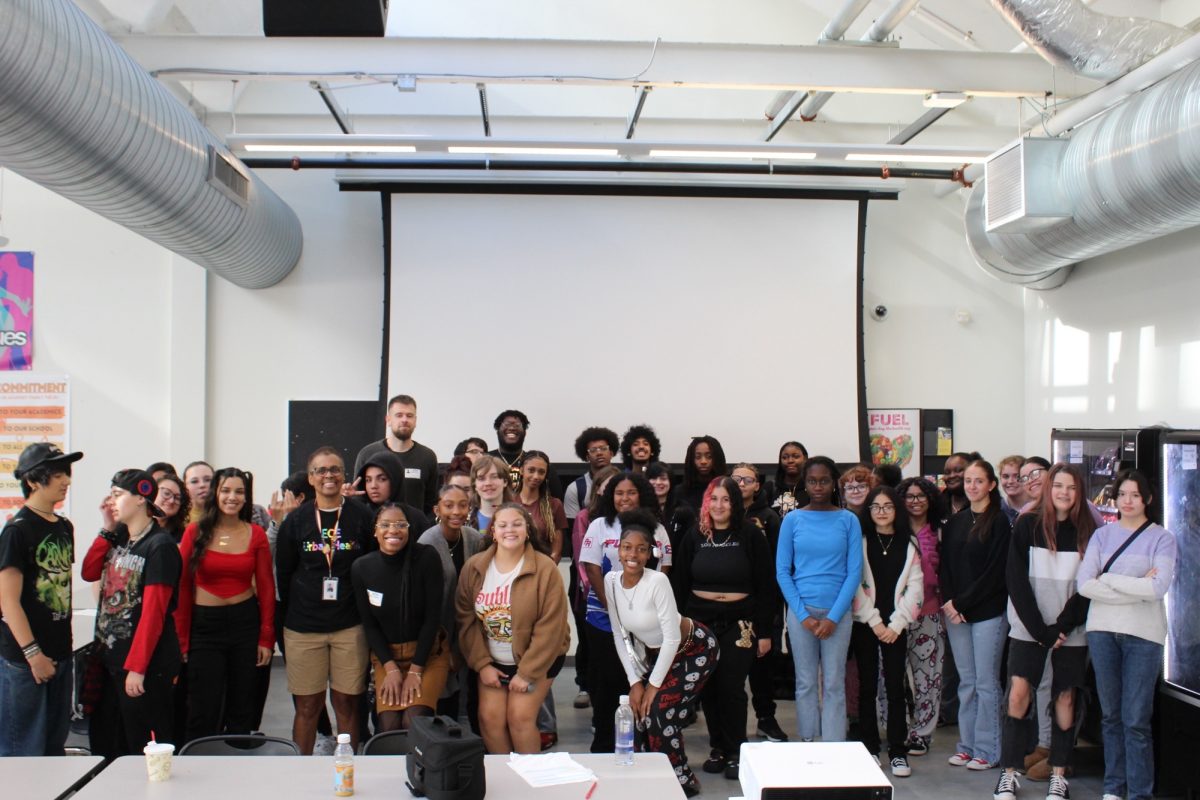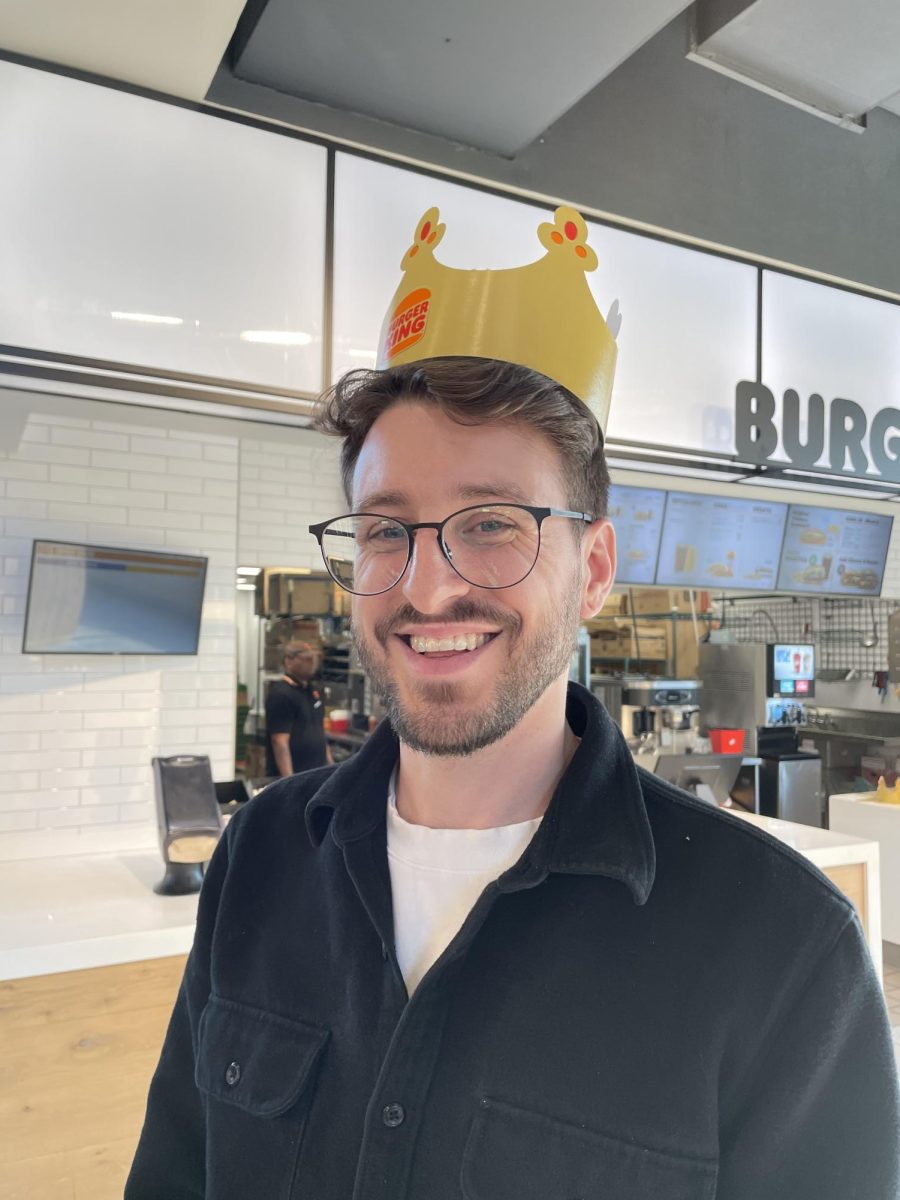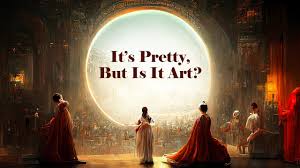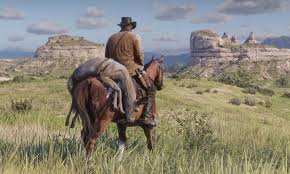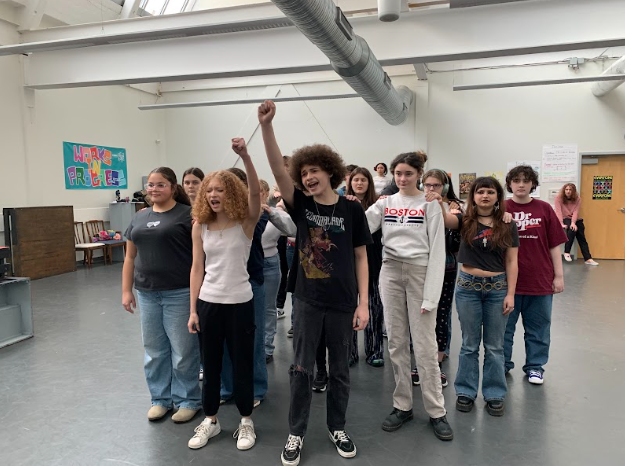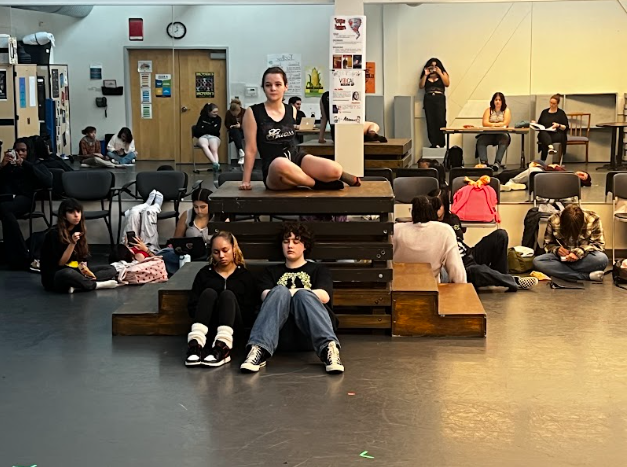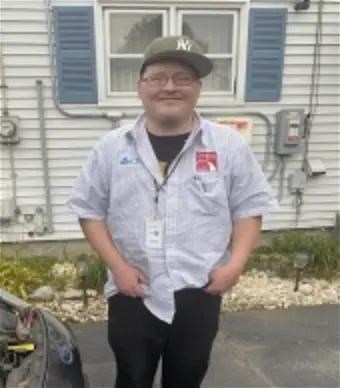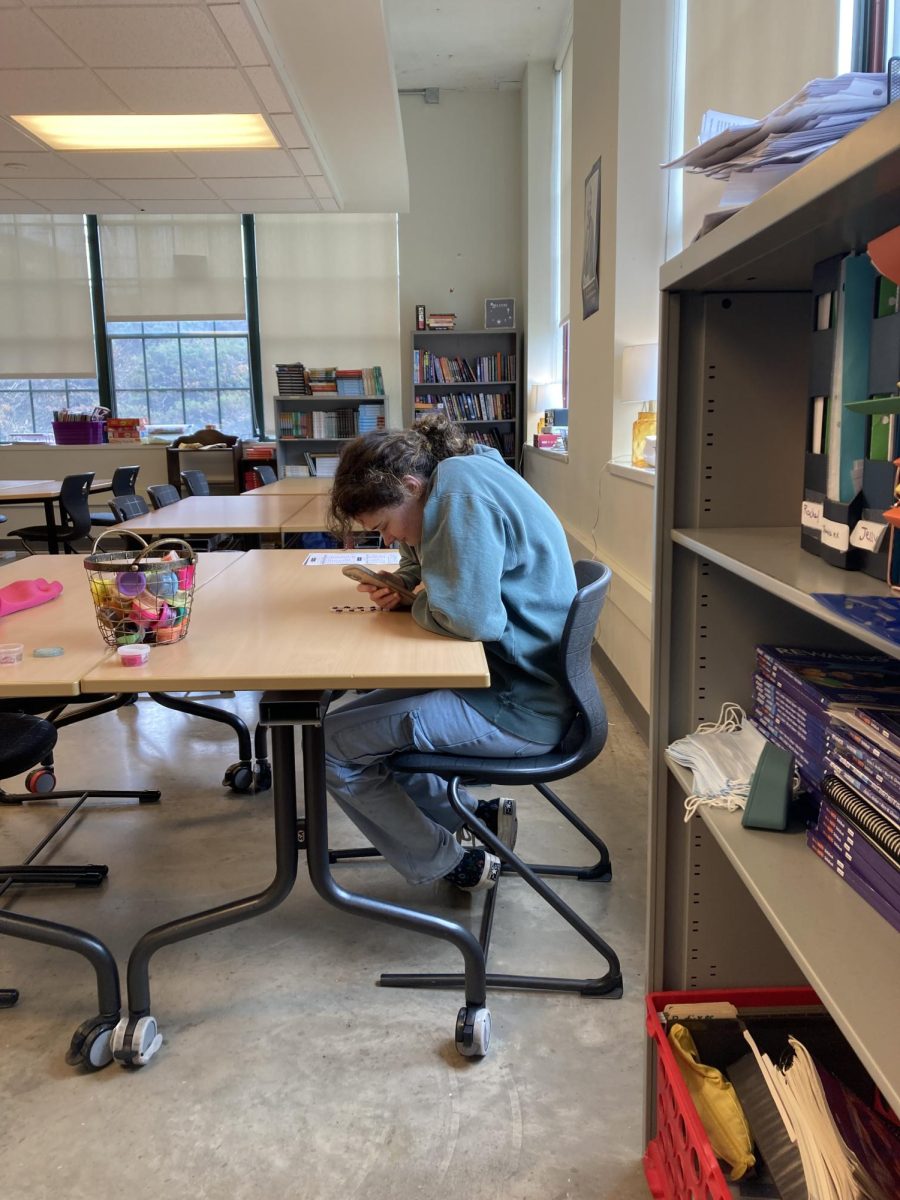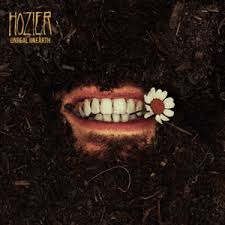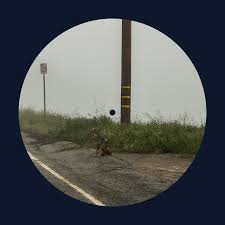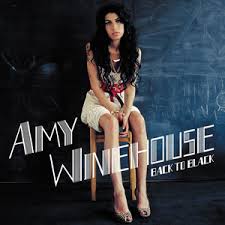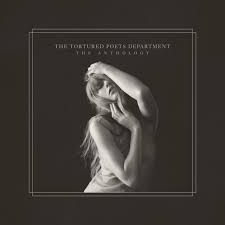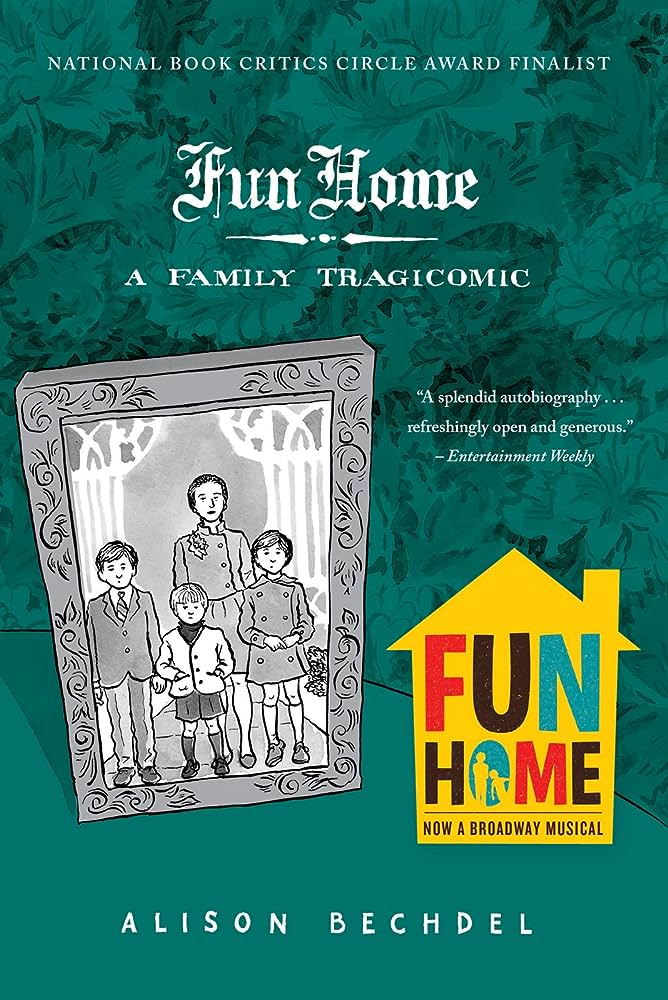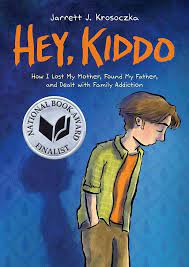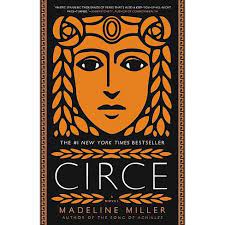Fun Home: A Family Tragicomic – Alison Bechdel
When I was reading, I wondered about how the story of her dad’s death would be told through the eyes of her mother or brothers, Christian and John. Throughout the story, we see a couple small glimpses into their relationships and individual opinions of him. A brief example takes place as Alison arrives home for the funeral: when she and John see each other, all they can do is give each other “ghastly, uncontrollable grins” (pg. 46). Even though this is a brief exchange, with the foresight of their father’s abuse I think John and Christian may not be quite as forgiving as Alison in their accounts.
Like the brothers, I would be interested in hearing their mothers point of view as well. She must have figured out long before Alison that her husband was gay, but she had to keep it hidden for her children’s sake. Maybe she would be even more appalled by his pedophilic tendencies and infidelity than Alison. The acknowledgement sections at the end hints to the other living members of her family not being very vocal about his misdoings, but I would still be curious to hear their sides of the story as well.
I loved Alison’s use of literature in the telling of her queer awakening throughout the book. I know that different pieces of literature are used to amplify all the different elements of the story, but there’s something special about the comparisons she draws to her coming out story and the quests of heroes such as Odysseus. I felt a connection to the anxiety of coming to terms with your own sexuality, and how figuring it all out can feel like a perilous journey. There are many great things about this book, but this was one of my personal favorites.
Something about the book that confused me was Alison’s slightly indifferent tone to her dad sleeping with actual teenagers. It’s addressed several times in the book, but especially in the earlier mentions of it, she just doesn’t seem particularly phased. As the book goes on it shows him more clearly as a very mentally ill man, and one that is punished verbally and legally (pg. 180), but it doesn’t show the young boys as victims. Maybe this reaction from the author is because of the same trauma which caused her lack of visible grief, but seeing that this is a biography I hope the boys are okay.
Something I understood about Alison’s explanation of her grief was the instinct to imagine alternative scenarios as a coping mechanism. I related to many of her “what if” situations where she had imagined if he had lived, and what that would entail for him and the family. It makes sense with his past that she wouldn’t logically expect him to survive the AIDS epidemic even if he had lived (pg. 195), but holding onto that slight amount of imaginary hope is a way of coping that I’ve seen in myself and many others.
Furthermore, I also relate to/understand the continuation of that mental rabbit hole that is exempting a person of their wrongdoings by blaming their past. She finds herself sometimes trying to blame his abuse, infidelity, and death on being an extremely closeted gay man in a very judgmental town and time period (pg. 196). Sometimes it hurts less to mourn someone when you create a narrative for yourself that paints them as a good person.
I liked this book a lot, but I wish that the side plots were a bit more linear. I know that there’s a lot of life to cover in one graphic novel, but sometimes when trying to keep track of other characters’ lives (besides Alison/her dad) it became tricky to navigate who was doing what when. For me this was especially prevalent with the mom, and I had a hard time remembering what her role was and how she impacted Alison’s upbringing.
